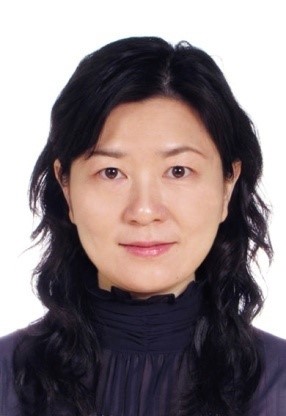
汪芳,教授,博士
中德城镇化与地方性研究实验室 主任
中国北京大学建筑与景观设计学院 教授
清华大学建筑设计及理论研究专业博士,北京大学地理学(城市规划方向)博士后流动站出站,哈佛大学设计学院访问学者;注册城市规划师。研究方向为:城乡建成环境文化景观及其地方性。在时间更迭的建成环境文化景观中,寻找起到稳定作用的结构性网络和关键性节点,以及网络、要素间的关联、对话和传承的方式,构建文化景观安全格局及过程;并在城镇建成环境的保护更新中进行系统的理论检验和应用实践;重点关注历史建筑、历史地段保护更新,以及线性遗产廊道的结构网络和演变过程等。“城乡记忆”、“地理建筑”是其中代表性研究成果。
出版英文著作6本(在国际最大科技出版社之一Springer出版,其中Beijing Urban Memory, Geo-architecture series等5部被哈佛大学图书馆馆藏)、中文著作2本(其中一部被位于伦敦的英国皇家建筑师学会(RIBA)档案馆收藏)、中英文学术论文80余篇。主持国家自然科学基金委项目4项(面上项目1项、中德联合项目3项)、省部级基金项目6项。作为第一完成人,获得2015年国土资源科学技术奖二等奖。
WANG Fang, Ph. D, Professor
WANG Fang, Ph.D., is a Professor at the College of Architecture and Landscape Architecture, Peking University, and the director of the Sino-German Joint Laboratory on Urbanization and Locality Research, and a registered urban planner. After receiving a Ph.D. in architectural design and theory from Tsinghua University, Prof. WANG completed her postdoctoral research in geography with a concentration in urban planning at Peking University. From 2011 to 2012, she was a visiting scholar at the Harvard University Graduate School of Design. Prof. WANG’s research concerns the cultural landscape and its locality in urban and rural areas, which includes the preservation and renewal of historical architecture, historical districts and regional linear heritage corridor. The representative accomplishments include “Urban and rural memory” and “Geo-Architecture and Landscape”.
Prof. WANG has published eight books (six at Springer) and more than 80 academic papers and translated nine books from English to Chinese for publication. She has directed one project subsidized by the National Natural Science Foundation of China (NSFC, No. 51078003), co-hosted three Sino–German Center projects (Nos. GZ 1086, GZ 1156, GZ 1201) jointly subsidized by the National Natural Science Foundation of China (NSFC) and the German Science Foundation (DFG), and piloted in seven other projects that received provincial and ministry–level funding. As team leader, she won the Second Prize of the Land Resources Science and Technology Award in 2015, sponsored by the Ministry of Land and Resources of the People’s Republic of China.

